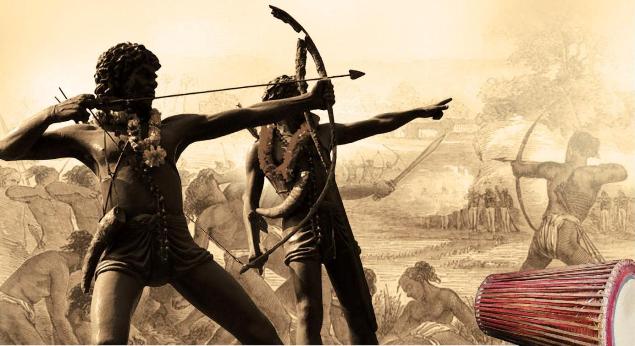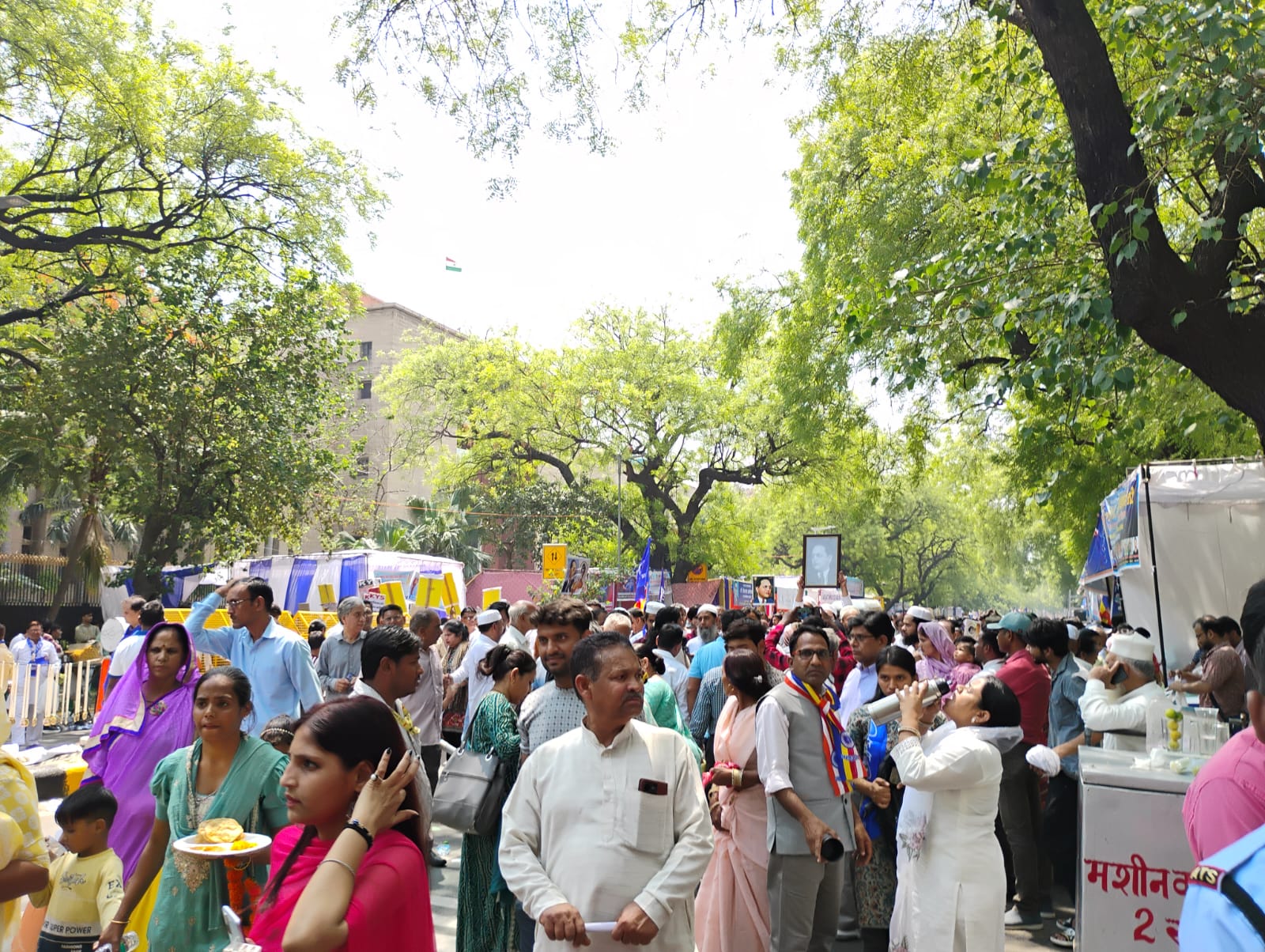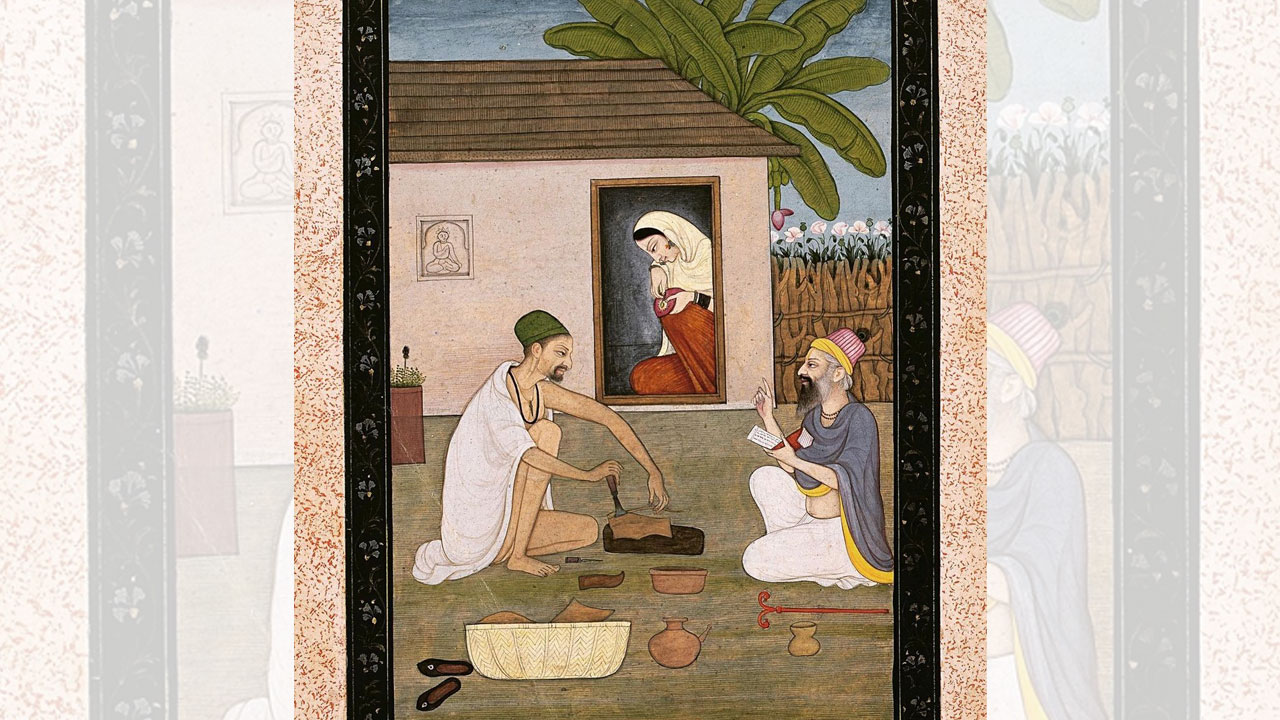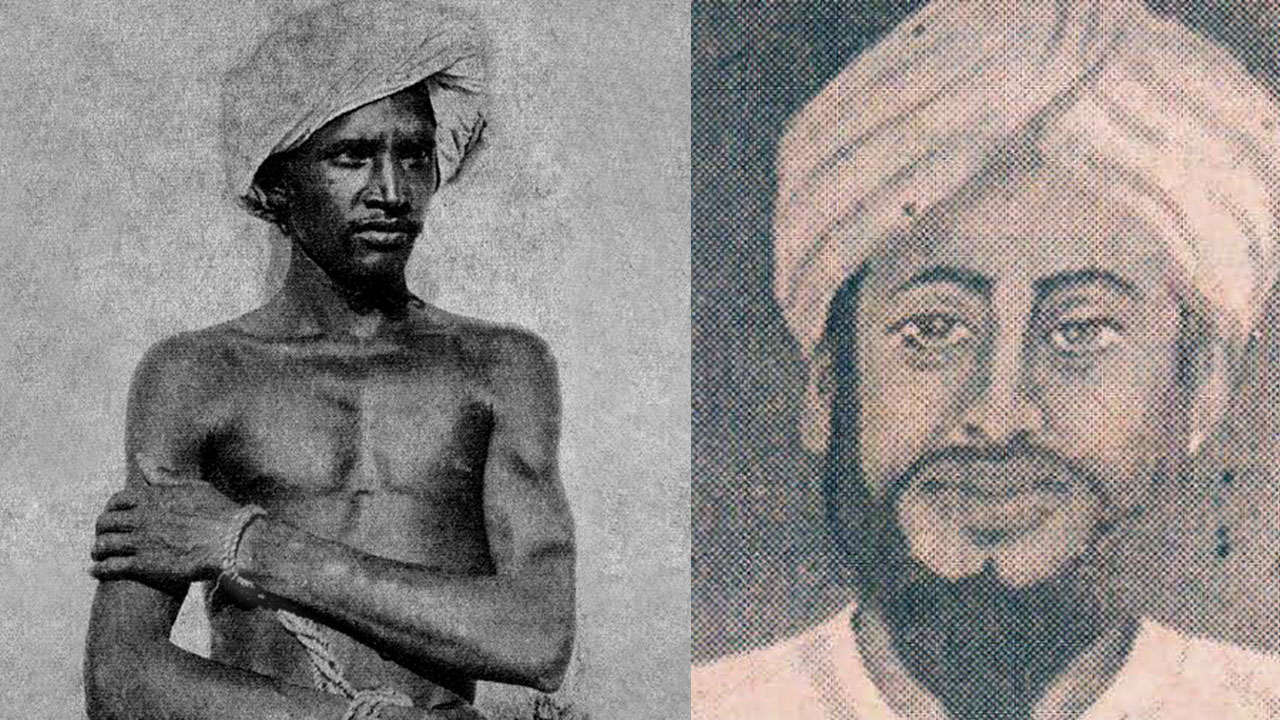If Mahatma Jotirao Phule were alive today, he would wholeheartedly support the farmers’ protest and tell the Supreme Court, hearing the petitions challenging the validity of reservations for Marathas, “Well, all Marathi-speaking people from Mahars to Brahmans are known as Marathas. It is not possible to locate anybody’s caste if only the term Maratha is used.” That was Phule’s reply when a Maratha-kunbi introduced himself as a Maratha.
Related Articles
How months of deliberations preceded Santhal Hul
Kedar Prasad Meena’s research concluded that Hul was the response of a people yearning for freedom and self-respect to their exploitation by moneylenders, the...
Ambedkar’s insights and foresight remain deeply underappreciated
Dr B.R. Ambedkar’s vision of democracy transcended the simplistic notion of majority rule. He critiqued majoritarian democracy as a system that risked perpetuating the...
Raidas: A modern revolutionary thinker from the feudal medieval era
Raidas’ radical thinking and works didn’t get wider national and international acceptance. In fact, his modern vision wasn’t even accorded the place it deserved...
As Jharkhand turns 24, a reason to celebrate and a reality check
Jharkhand stands at a crossroads. The state must strike a balance between preserving its rich cultural heritage and meeting the demands of modernization and...
How Ambedkar began mobilizing for conversion 20 years before the event
Ambedkar said that religious conversion was no child’s play and that it couldn’t be achieved with merely political measures. It had to be realized...





